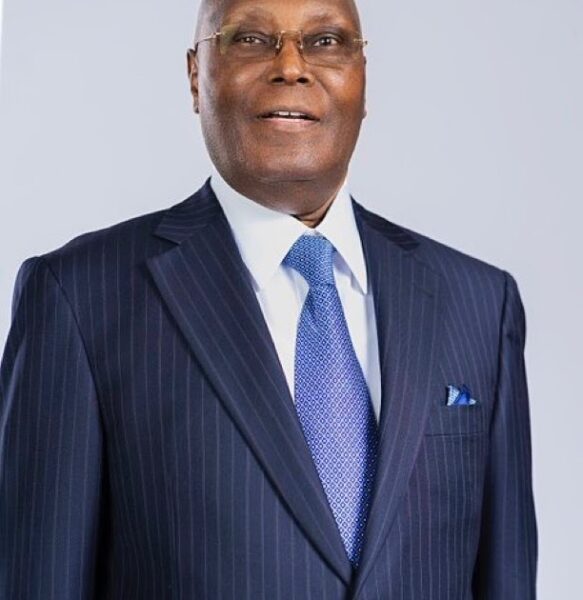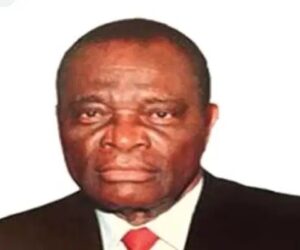Former Vice President Atiku Abubakar has praised the enthusiasm of Nigerians participating in the ongoing Continuous Voter Registration (CVR) for Permanent Voter Cards (PVCs), describing it as a clear sign of the populace’s determination to shape their future by choosing their leaders in the upcoming election cycle.
However, in a detailed statement issued on Thursday, August 28, 2025, Atiku emphasized that voter registration alone is insufficient without comprehensive electoral and judicial reforms to ensure electoral integrity, boost public confidence, and promote judicial independence.
Highlighting the declining quality of Nigeria’s elections, Atiku pointed to the alarmingly low voter turnout in the 2023 general elections, where only 24.9 million out of 93.47 million registered voters participated, representing a mere 26.72% turnout—the lowest since Nigeria’s return to democracy in 1999.
He attributed this decline to systemic issues, including a lack of trust in the electoral process, and warned that without urgent reforms, citizens’ faith in democracy could further erode.
Atiku proposed a series of amendments to the 2022 Electoral Act to address these challenges and restore power to the electorate.
His recommendations include:
Mandatory Use of BVAS: Enforcing the use of the Bimodal Voter Accreditation System (BVAS) for voter accreditation and result uploads at all polling units and collation centers, eliminating any discretion for manual processes by the Independent National Electoral Commission (INEC).
Electronic Transmission of Results: Mandating the electronic transmission of election results from polling units to INEC’s Result Viewing Portal (iREV) without provisions for manual transmission.
Structured Collation Process: Ensuring that results are collated at ward, local government, state, and national levels solely based on electronically transmitted results from the iREV, with no allowance for manual collation at any stage.
Prohibition of Manual Processes: Explicitly banning manual accreditation, transmission, and collation of results to ensure transparency and consistency.
Democratic Selection of INEC Leadership: Subjecting the positions of INEC Chairman, Resident Electoral Commissioners, and National Electoral Commissioners to public voting to enhance accountability.
Burden of Proof on INEC: Shifting the responsibility to INEC to prove substantial compliance with the Electoral Act and Constitution in election petitions, rather than placing the burden on petitioners.
Atiku’s call for reform draws inspiration from concerns raised by legal scholar Prof. Chidi Odinkalu in his book, The Selectorate: When Judges Topple The People.
He cautioned that judges, once impartial arbiters, have increasingly influenced electoral outcomes, shifting legitimacy from voters to a small elite operating under the guise of legal processes.
Atiku argued that these reforms would return power to the people, ensuring that leadership is determined by voters rather than a “conclave of interested parties.”
The former vice president’s proposals come at a critical time as Nigeria prepares for its next election cycle, with growing calls for electoral transparency and accountability.
Atiku urged Nigerians to remain vigilant and demand a transparent electoral process that reflects their true will.
“The enthusiasm for PVC registration is commendable, but it must be matched by reforms that guarantee the integrity of our elections,” he stated, reinforcing his vision for a democracy where the people’s voice is paramount.
Click to signup for FREE news updates, latest information and hottest gists everyday
Advertise on NigerianEye.com to reach thousands of our daily users









